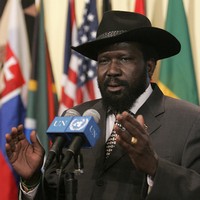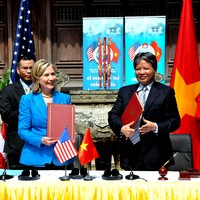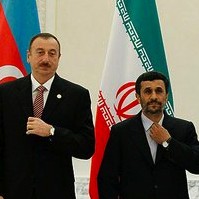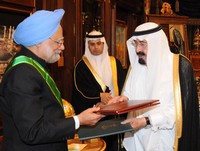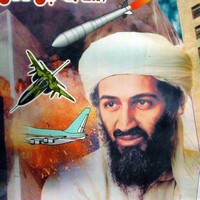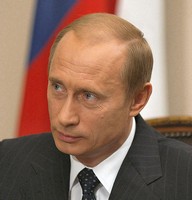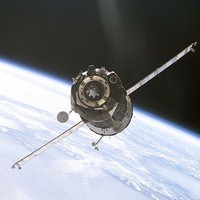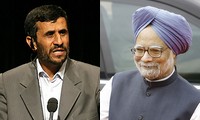
A major Indian trade mission is in Iran seeking to exploit Tehran’s increasing diplomatic and commercial isolation to rectify India’s trade imbalance with Iran. But while Indian companies are understandably eager to take advantage of the resulting commercial opportunities, the Indian government must soothe U.S., Israeli and European concerns that Indian firms will simply undercut international sanctions against Iran by “backfilling” Western companies currently departing the country. India’s behavior highlights a major problem with the Iran sanctions regime: Many countries face a different set of calculations with regard to Iran than the United States, Israel and the European and Persian […]

